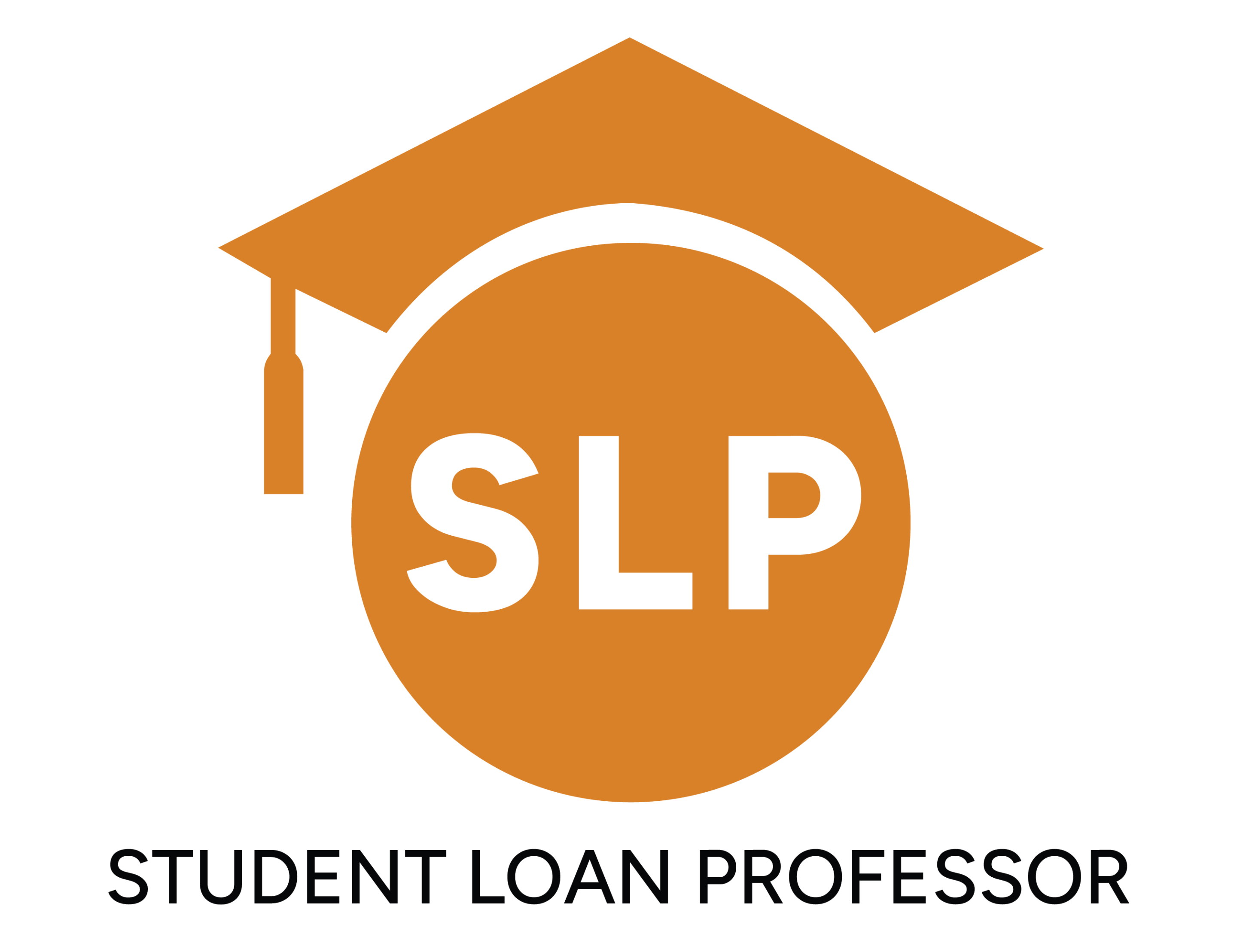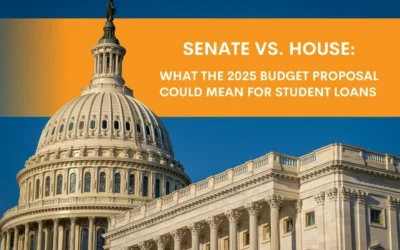Most student loan servicers don’t expect you to start making monthly payments until after you’ve graduated.
Therefore, you typically don’t need to pay your student loans while you’re still in school. However, there are important factors to consider when deciding whether to take advantage of this deferment.
If you’re wondering about the ins and outs of student loan payments, this article will serve as a guide. We’ll explain everything you need to know and offer practical advice.
Student Loans, Repayment Plans, and Grace Periods
Two factors determine whether immediate payment of student loans will apply to your situation:
- The Type of Loan You’ve Taken; and
- The Terms of Your Agreement
Key Takeaways
- Student loans usually don’t require payments until after graduation.
- Payments are deferred while you’re still in school.
- Consider if deferment benefits your financial situation.
- Review factors before deciding to delay student loan payments.
The Type of Loan You’ve Taken
As a student, you can get a federal or private student loan.
Federal student loans fall into four categories:
- Direct subsidized loans – loans that are subsidized by the Department of Education. In other words, the government will pay interest on the loan while you attend college.
- Direct unsubsidized loans – loans without a government subsidy. You’re solely responsible for the interest that accrues on these loans.
- Direct PLUS loans – loans available to parents of undergraduates or to graduate and professional students. These loans aren’t subsidized. (Also referred to as Parent PLUS or Grad PLUS loans).
- Direct consolidation loans – you can combine one or more federal education loans into a direct consolidation loan, for the purpose of lowering your monthly payment.
Your ability to get any of the above-mentioned loans depends on your student category, of which there are three:
- Dependent Undergraduate Students: Students who depend on financial aid from their parents. They can get subsidized, unsubsidized loans, and direct PLUS loans.
- Independent Undergraduate Students: You’re an independent student if you don’t depend on your parents’ financial assistance. Married students and military vets also fall into this category. They’re eligible for both subsidized and unsubsidized loans.
- Graduate or Professional Students: Students who are pursuing an advanced degree. They share the same federal loan eligibility status as independent undergrad students.
Meanwhile, private loans don’t include any option for subsidy no matter your student category.
The Terms of Your Agreement
Your loan agreement also determines whether immediate repayment of the debt will be necessary.
Federal student loans don’t explicitly obligate you to make payments while getting a college education.
Additionally, many of them provide a six-month grace period that kicks in after you graduate. Within this period, you won’t be obligated to pay back the loan or interest. Thus, it’s up to you to be proactive about reducing your debt while at school.
Private loans have different terms and conditions.
Most private student loans offer multiple repayment plans that stipulate when repayment begins. The plans in question include:
- Immediate Repayment Plan: As the name suggests, you’re obligated to make payments once the funds have been disbursed.
- Interest-Only Payments: Under this plan, you only pay interest on the loan until you graduate after which you’ll pay interest and the principal.
- Partial Repayments: These plans require you to make fixed payments throughout your college years.
- Deferred Repayment: This repayment plan works similarly to how federal loans work in that you don’t have to start paying until after you graduate.
Similar to federal loans, some private loans also offer grace periods where no payments are due.
Should You Start Paying Student Loans Before Leaving School?
You should, if you can. There are benefits to making payments on your student loans while at college. They include:
Save Money
Unsubsidized federal loans and private student loans accrue interest during the college year.
This interest is added to your principal balance through a process called capitalization, and this capitalized interest can also accrue additional interest.
Let’s say you’re an independent or graduate student who’s ineligible for subsidized student loans. You borrow $9,500 in direct unsubsidized loans and they incur 5% in annual interest payments.
After your first year at college, the amount you’ll have to pay will grow to $9,975, due to the unpaid interest.
Come year two, you’ll be charged interest based on the above balance, not the original $9,500 you borrowed.
This pattern of a ballooning loan balance and compounding interest will continue while you attend college without making payments.
By the time you leave school, you’ll be staring at a mighty bill for your principal and interest payments.
Notably, the hypothetical scenario described applies to federal student loans, which typically have fixed interest rates.
Private student loans can be even costlier depending on the loan servicer, especially if they include variable interest rates.
Thus, making in-school payments on your student loans is the financially prudent way to go. It’ll prevent your student loan debt from surging due to accrued interest and save you money long-term.
However, one specific instance where we often recommend not repaying loans while in school is when you have a strong chance of qualifying for large-scale loan forgiveness or repayment programs.
For instance, many physicians and teachers may qualify for loan forgiveness through Public Service Loan Forgiveness (PSLF) if they work for a non-profit health system or government agency.
Similarly, those planning for military service after college can often have most of their debt repaid through the military’s loan repayment programs.
Build Credit
After graduating, you’ll have to navigate the concept of credit scores. Credit bureaus like Equifax assign these three-digit numbers to individuals in the US. They represent your creditworthiness, i.e., the likelihood of you paying back or defaulting on a loan. The higher the score (e.g., 850), the more confident lenders will be that you’ll return their money.
Your credit score and credit history can determine your ability to:
- Get a credit card
- Rent an apartment
- Mortgage a property
- Get a car loan; and so on
Building a history of timely payments on your student loans while in school can help you establish and improve your credit score, making you more creditworthy after graduation.
Cultivate Financial Discipline
Juggling college expenses and student loan repayment can help you develop sound money habits. At the very least, you’ll need to keep track of your student loan payments, interest charges, and your overall loan balance.
If you’re serious about keeping the total cost of the loan down, you’ll stick to a budget to control your spending.
If you find that you didn’t spend the full amount you borrowed, consider making early repayments to reduce the interest that accrues on the unused portion.
These financial habits will set you on the path to a debt-free future.
Consult With Experts On All Matters Related to Student Loan Payment
While deferring payments is an option, starting your student loan repayment as soon as possible will put you in a better financial position.
Interest accrues on almost every loan type you can get, making them expensive. If you’d like expert advice on how to begin making payments, book a consultation with one of our advisors today!
Brandon Barfield is the President and Co-Founder of Student Loan Professor, and is nationally known as student loan expert for graduate health professions. Since 2011, Brandon has given hundreds of loan repayment presentations for schools, hospitals, and medical conferences across the country. With his diverse background in financial aid, financial planning and student loan advisory, Brandon has a broad understanding of the intricacies surrounding student loans, loan repayment strategies, and how they should be considered when graduates make other financial decisions.





